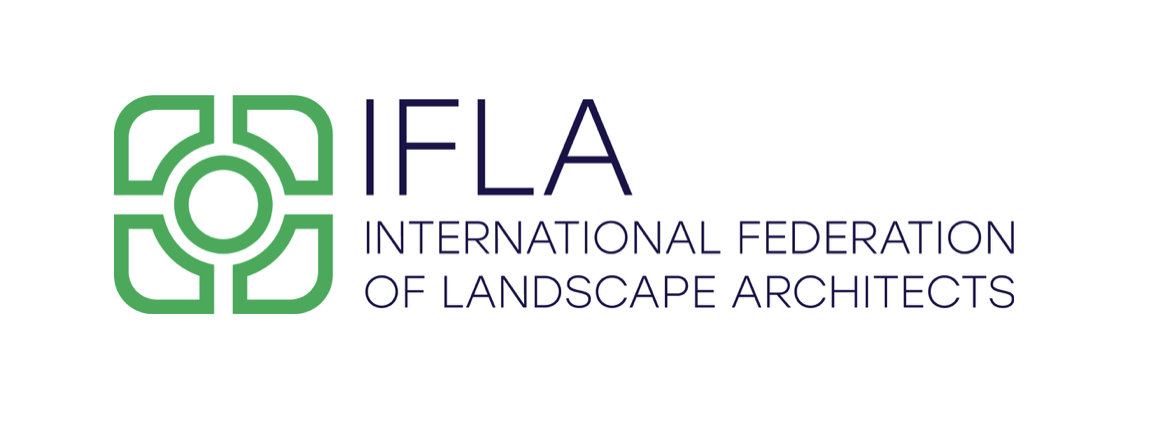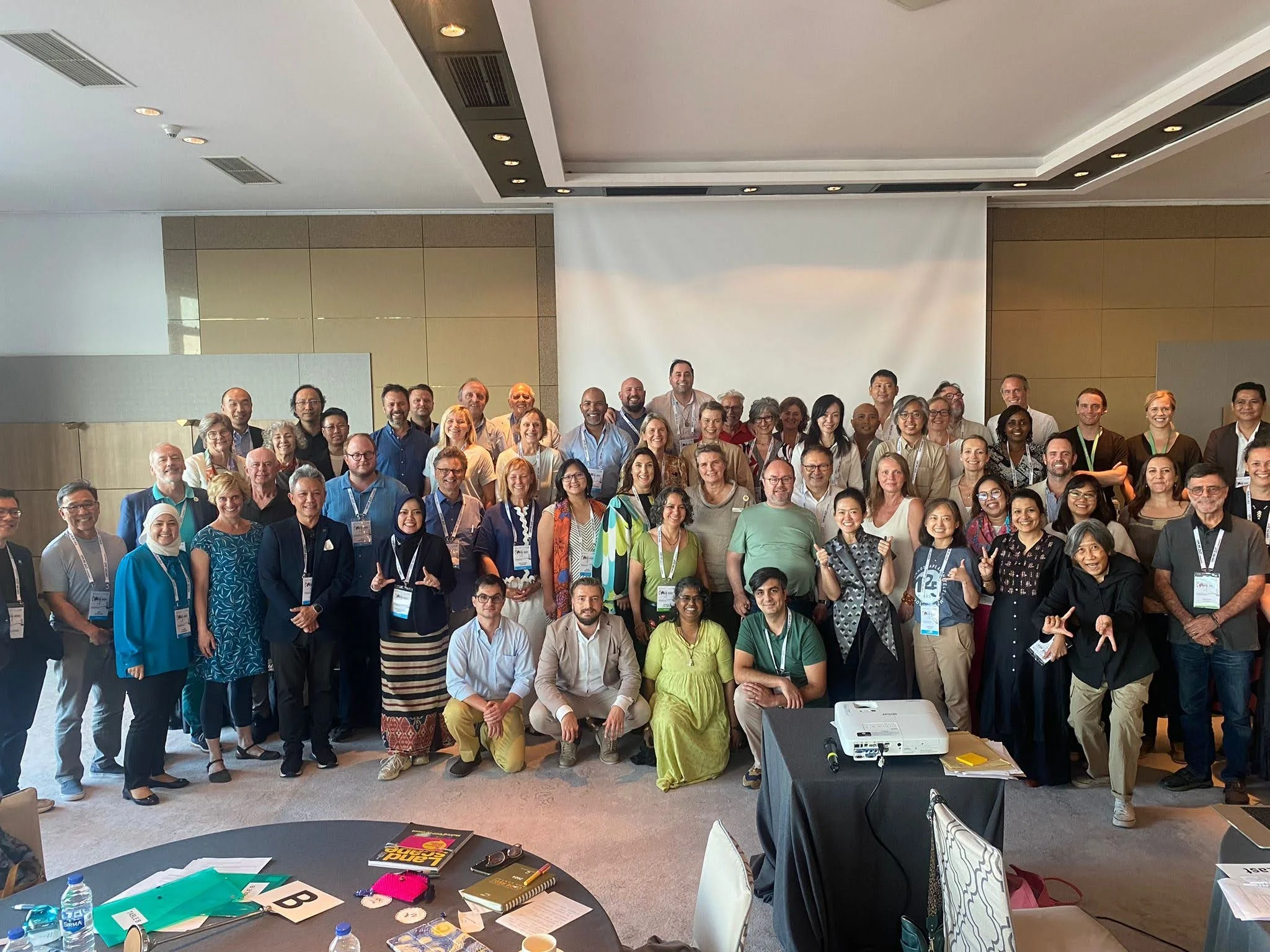A truly global federation, IFLA currently represents 80 national associations from Africa, the Americas, Europe, Asia Pacific and the Middle East. Our mission as landscape architects is to create globally sustainable and balanced living environments for the benefit of humanity worldwide.
The International Federation of Landscape Architects (IFLA) is the only international non-governmental, non-profit organization dedicated to promoting landscape architecture while enhancing the quality and sustainability of natural and built environments around the globe.
Representing 82 national member associations across five regions—IFLA Africa, IFLA Americas, IFLA APR, IFLA Europe, and IFLA Middle East—IFLA unites over 100,000 landscape architects worldwide.
Our mission is to foster excellence in landscape architecture through collaboration with related professions, promote the highest standards in education, training, research, and professional practice, and provide leadership and advocacy. IFLA collaborates with international organizations such as the United Nations, UN-Habitat, UNEP, UNESCO, ICOMOS, FAO, IUCN, and WHO, offering expertise and support to strengthen the profession worldwide.
Through collaboration with allied disciplines, we champion the highest standards in education, training, research, and professional practice—providing leadership and stewardship in all matters that shape our built and natural environments.
Founded in 1948 in Cambridge, England, IFLA emerged as an alliance between 15 countries from Europe and North America under the leadership of Sir Geoffrey Jellicoe, who became the first president. By 1978, IFLA had grown in influence and moved its headquarters to Versailles, France, where it continues to operate today.
Our Objectives
Develop and promote the profession and discipline of Landscape Architecture, along with its related arts and sciences, across the world.
Support the profession in its role as an instrument of aesthetic achievement and social change, contributing to public health and wellbeing.
Contribute to identifying and preserving the intricate balance of ecological systems upon which the future of civilization depends.
Establish high standards of professional practice in the design, planning, management, conservation, and development of the landscape.
Promote educational and professional international exchange of knowledge, skills, and experience.
IFLA Structure and Governance
1. IFLA Executive Committee (ExCO)
IFLA Executive Committee is responsible for the general management of IFLA and to develop policies and propose these to the World Council. The committee is currently composed of President and Treasurer, 5 Regional Presidents and three chairs of our committees. The committee members are nominated by the members and elected for a two year term.
2. IFLA World Council
The World Council, comprising members of the Executive Committee and the duly appointed members of the national or multi-national associations is the governing body of IFLA.
Category A members of IFLA (national or multi-national associations whose Constitution and By-laws have been approved by the Regional body and thereafter ratified by the World Council) are represented by an appointed delegate who shall have the right to a single vote on matters presented at the World Council meetings.
3. IFLA secretariat
The IFLA Secretariat is responsible for managing the Federation’s day-to-day operations and ensuring the smooth delivery of our global initiatives.
IFLA by laws and IFLA constitution

